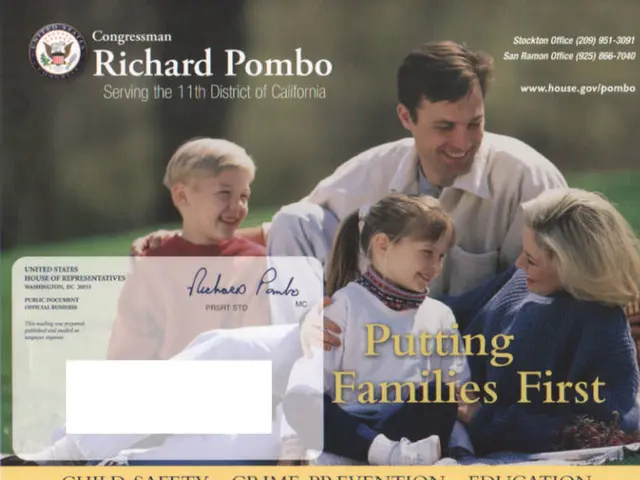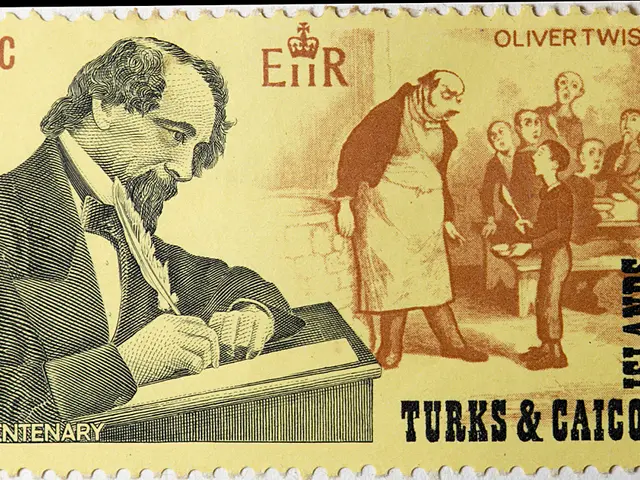Mercedes CEO Kallenius aims to negotiate with President Trump
In an informal chat, Mercedes-Benz top honcho, Ola Källenius, sheds light on his vision for a bargain with Donald Trump, suggesting a mutual, tariff-free trade zone for automobiles.
Matters between the Trump administration and the European Union have heated up recently. Announcing his decision on Wednesday, ol' Donald bumped up import taxes on steel and aluminum, taking it from 25% to an astounding 50%. As the EU plots a strategy to broker a deal with Trump, and Chancellor Friedrich Merz prepares for an evening gathering with the Commander-in-Chief, Källenius doesn’t keep quiet. He fires up in an engaging interview with "Der Spiegel."
One of Källenius' proposals: a fair trade system for vehicles. Essentially, this means that for every car exported from the US duty-free, another one should follow suit. It's worth noting that the 350,000 cars crafted and sold within the US are oftentimes exported to a staggering 150 countries. According to Källenius, Mercedes-Benz could play a role in evening up the trade scales Stateside, if this idea gets a nod in the negotiating room.
Källenius stopped short of dishing on his personal relationship with Trump, but stresses they share a "constructive rapport" with respective governments in the market scenes. He also hints at the potential for a separate agreement with the Trump White House. The automotive sector, it appears, might pave the way for setting a notable precedent. Additionally, mutual recognition of standards could be a point of discussion in the negotiations, as this would minimize production complexities. Right now, cars frequently need to be reworked multiple times due to dissimilar regulations in the two nations.
Now here's the kicker: there's no detailed info available on the "balancing mechanism proposal" in this context. But, with ongoing trade talks, discussions about tariff adjustments or other trade mechanisms to accommodate both sides are an absolute possibility. And speaking of negotiations, German carmakers, like BMW, Mercedes-Benz, and the Volkswagen Group, are in the thick of it, with whispers of a trade deal with Trump's White House circulating as of late[2]. In the meantime, ol' Donald has kept the 25% tariff on cars built outside the US, effective from April 2, 2025. The intention behind this protective measure is to encourage foreign carmakers to manufacture their rides within the US[4]. Mercedes-Benz has made it clear they won’t offload the cost of potential tariffs onto their customers, regardless of the existing duties[4].
- The Mercedes-Benz top honcho, Ola Källenius, is proposing a fair trade system for vehicles, where each car exported from the US duty-free would require another one to follow suit.
- Källenius suggests this idea could help Mercedes-Benz to even up the trade scales in the US if it is approved in the negotiating room.
- The automotive sector might pave the way for setting a notable precedent, with mutually straightforward policies and legislation being a potential discussion point.
- Matters between the Trump administration and the European Union have heated up, with ongoing talks about tariff adjustments or other trade mechanisms to accommodate both sides being a possibility.
- General news reports suggest that German carmakers, such as BMW, Mercedes-Benz, and the Volkswagen Group, are in discussions about a trade deal with Trump's White House.








